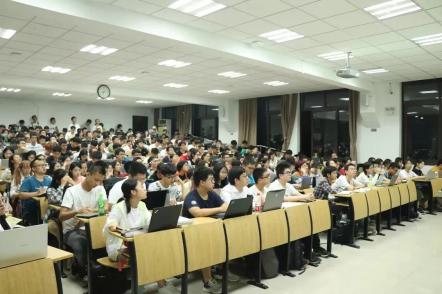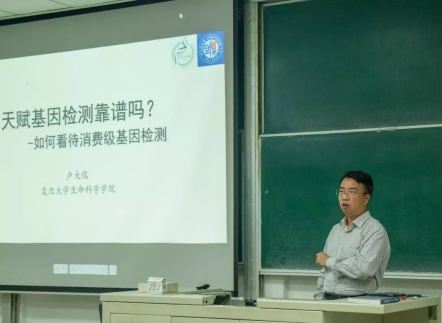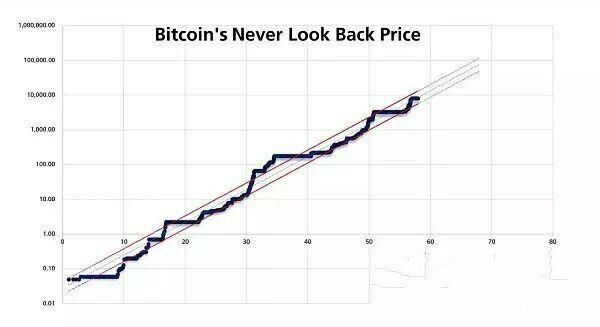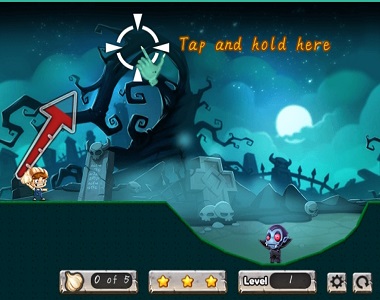
Recently, a new course called "paradox" opened by Fudan University in Shanghai, China, has been on the hot search list, arousing the curiosity and attention of netizens. This class is about 12 professors from different disciplines of literature, science, engineering and medicine in Fudan University, who explain to students what is “pseudoscience".
"The form of the course is a bit like a lecture, the content can't be in-depth, and it doesn't help my critical thinking much." A 2018 student from the school of mathematics and science explains why he dropped out. In addition, due to the short teaching time of each teacher and the large number of courses, this course is regarded by some students as "a course for collecting credits". 25% of the students in the course feedback questionnaire admit this.
As an elective course of general knowledge, paradox is challenged by suspicious course.
Only four classes, "Paradox" in Fudan is getting popular. Every Tuesday at 18:30, "Paradox" classroom h3409 has no more extra space for students, who are standing to listen are so many every week. In the first round of course selection, when the course capacity is 258, the number of "paradox" course selection exceeds 1000. Professor Lou Hongwei said that the reason why "paradox" courses should be offered is that the teachers found that: many obvious mistakes in the eyes of professionals, as long as they cross a major, sometimes even scholars can't make it clear; in the university campus, many students who seem to have a lot of knowledge, to a certain extent, have a wrong understanding of science. "Too many highly educated people, even experts and scholars in various fields, often have wrong cognition and lack necessary judgment ability for some common sense things, especially when they face some disputes outside their own major." Professor Lou Hongwei expressed such sentiments.
(Picture Source:Google)
At the same time, many netizens in China still expect that there will be online courses in this course, and students who are not Fudan University can also understand the contents of the course.
In 2018, several teachers came across an article entitled "American University opened a course called" resist bullshit ". They found that this course coincided with the previous ideas of everyone. They immediately started a Fudan version of" Calling Bullshit In the Age of Big Data "course. However, from the perspective of specious syllabus, the course is not an American copy. Paradox is a collection of backbone teachers in many disciplines, including mathematics, physics, chemistry, biology, management, computer science, medicine, literature, philosophy, political science and history. The lecture content is also richer and diversified, with the intention of popularizing thinking and correcting prejudice.
Since the beginning of the class, the students of science and engineering and the students of liberal arts have different feelings about "paradox". One undergraduate of material science department said directly that "the second class is about chemistry, I'm a bit bored", and the relevant professional knowledge is too simple; however, one student wrote in the course feedback, "yesterday's chemistry class was so difficult..."


"This logical error is widespread in a large number of statistics and news reports. They can't stand, they can't stand argument, but they're impressive and hard to resist. " Lou Hongwei said. He hopes that this course can correct the impressive prejudice of different students, Corey, and provide some ways of thinking. The last goal of the course is to be able to analyze bullshit in front of superstitious aunts so that they can understand and be persuasive. "In the era of fake news, my classmates and I hope to improve our judgment." This is the goal of Jiang Xinyi, a 2018 undergraduate in the school of journalism, Fudan University.
The professor said, "right or wrong" does not lie in the right or wrong of the argument, but lies in the logical fallacy of reasoning from the argument "the most people die in the toilet" to the argument "can't run to the toilet": no matter whether the number of people die in the toilet in the fire is the most or not, it can't be inferred whether the fire should run to the toilet or not. He also gave a similar example: does the fact that the number of deaths per day in the famous top three hospitals exceeds that in the community health centers means that doctors should avoid the former and only go to the latter?
To this end, Professor Lou Hongwei said: "welcome to collect credits, but this is not a suspicious course. I hope everyone can get something." At the same time, Lou Hongwei said that news plays a very important role in blocking or disseminating pseudoscience, and managers need to have the quality of resisting pseudoscience. Therefore, he especially hopes that more students from journalism school and those who may be engaged in management work in the future will participate in the class.
Professor Lou Hongwei thinks that this course is not high-end, focusing on "general knowledge". "There may be a big gap between what the course can achieve and what it expects, but it's worth it to achieve even 20 percent." Lou Hongwei said.
In the first lesson of specious, Professor Lou Hongwei raised a question: "when there is a fire at home, you can't run to the bathroom, because statistics show that the most people die in the bathroom when there is a fire." is that right?




